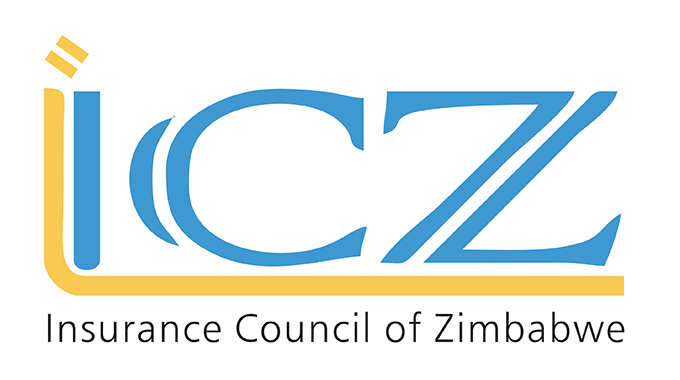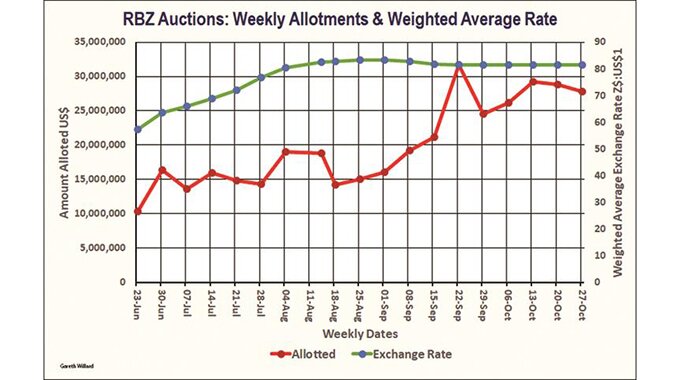Martin Kadzere and Panashe Chikonyora
TELECEL International (TI), a State-owned vehicle which owns 60 percent of Telecel Zimbabwe (TZ), is considering converting the US$90 million debt owed by the mobile network operator into equity, a move likely to close the chapter on historical squabbles among shareholders.
Telecel Zimbabwe, the country’s smallest cellular operator, has for many years been in a self-destruct mode due to endless squabbles among shareholders in Empowerment Corporation (EC), a consortium controlled by business people Dr Jane Mutasa and Dr James Makamba.
EC owns 40 percent equity in Telecel Zimbabwe.
Apart from the two, some individuals and business groupings have also emerged claiming to be shareholders, including businessman Dr Philip Chiyangwa, prominent lawyer Mr Gerald Mlotshwa, Zimbabwe Farmers’ Union, National Miners’ Association, Indigenous Business Women Organisation and Magamba Echimurenga.
Advertisement
Messrs Leo Mugabe and Patrick Zhuwao, nephews to the late former president Robert Mugabe, are also among prominent figures who once declared to be legitimate shareholders in TZ.
In 2010, Affirmative Action Group, then led by Mr Supa Mandiwanzira, also demanded equity in Empowerment Corporation, claiming that it was entitled to a share.
Sources told The Sunday Mail Business that the prolonged shareholding disputes in Empowerment Corporation are the main reason for the viability challenges facing the company that desperately needs fresh capital for a network upgrade and expansion.
Telecel International (later bought out by the Government) had 60 percent stake, but in terms of licensing conditions, which limits foreign ownership in telecoms companies to 49 percent, it was supposed to sell 11 percent to locals.
EC had the first right of refusal in five years from the date of issuance.
EC was created in 1998 as an empowerment vehicle to partner Telecel International at the formation of Telecel Zimbabwe.
The Government bought Telecel International in 2016 and effectively became the largest shareholder in the company.
The Government took over Telecel International’s debts, including the US$90 million advanced to Telecel Zimbabwe for the acquisition of telecoms equipment.
In an attempt to end the wrangles, Government offered to buy out EC shareholders in 2017, but the proposal was rejected. The Government had intended to buy out the EC shareholders and look for a partner to invest in the company.
In light of seemingly unending squabbles among EC shareholders — which have been largely blamed for the company’s viability challenges, the Government is considering entering into a scheme of arrangement, which
Advertisement
will entail converting the US$90 million debt into equity.
This will seriously dilute the shareholding of EC.
“The problem in Telecel is historical and the Empowerment Corporation’s legacy issue,” said a source who requested anonymity.
“Shareholders had a meeting just before Christmas. They agreed that the business needs money.
“Another meeting is scheduled soon. The proposal for a debt equity swap will be presented. That is the most immediate viable option of rescuing the company.
“By super diluting Empowerment Corporation, the Government will claim the relevant level of control. Structures can be put in place so that things can work properly.”
Mr Selby Hwacha, chairman of Telecel International, could not be reached for a
comment last week.
Dr Mutasa and Dr Makamba were not available for comment. Last week, employees, through the Communications and Allied Services Workers’ Union of Zimbabwe, wrote to the Information Communication Technology, Postal and Courier Services Minister Jenfan Muswere, expressing dismay over the state of the company.
According to the workers, monthly revenues have significantly gone down despite tariff reviews, while network availability has been cut by more than 65 percent, with a few towns and cities only having active network services in the central business districts or when electricity is available.
Advertisement
“SIM cards cannot be replaced as the systems are always down. The whole of Masvingo Province and Beitbridge (just to mention a few) do not have network for subscribers. Subscribers going through to Masvingo last had a signal at the (Boka) Skyline tollgate.
“Staff members in some offices are now using competitors’ SIM cards in Telecel offices to communicate Telecel business,” said the workers, adding that this was denting the credibility of the mobile network operator, thereby risking its efficiency.
In addition, this is affecting customers’ support.
Daily operations have been severely affected by dysfunctional information technology systems.
Subscribers are failing to recharge airtime due to a combination of both system failure and loss of crucial staff members. During the holidays, the system was down to the extent that the official mail platform (Outlook) was not operational.
This rendered official communication non-existent.
The accounting software has also been down, thereby posing a high risk of fraud and thefts, as well as outright dysfunction of the whole business.
Staff members are failing to use proper tools, posing serious risk to their health.
To add salt to injury, most of the operational vehicles are down. This has affected the entity’s operations.
“What the workers are saying is not unreasonable. The Government will not fold its hands and watch the demise of the company. A lot is happening in terms of ensuring the viability of the business and making it competitive once again,” said one of the sources.
However, in a statement Telecel acting public relations and corporate social responsibility manager, Simeon Mutize, said the board and shareholders were aware of the ongoing challenges.
He said plans were underway to address the issue of recapitalisation and in this regard, a five year strategic plan had already been formulated and adopted.
“The finalisation of all outstanding financial statements is on course and this will open avenues for new funding from financial institutions. The company has been making every practical effort to mitigate the effects on staff welfare by continuously reviewing the salaries whilst also keeping the company on its feet and will endeavour to do so to the best of its ability. Staff engagement on their welfare and other operational developments will continue to occur,” he said.








